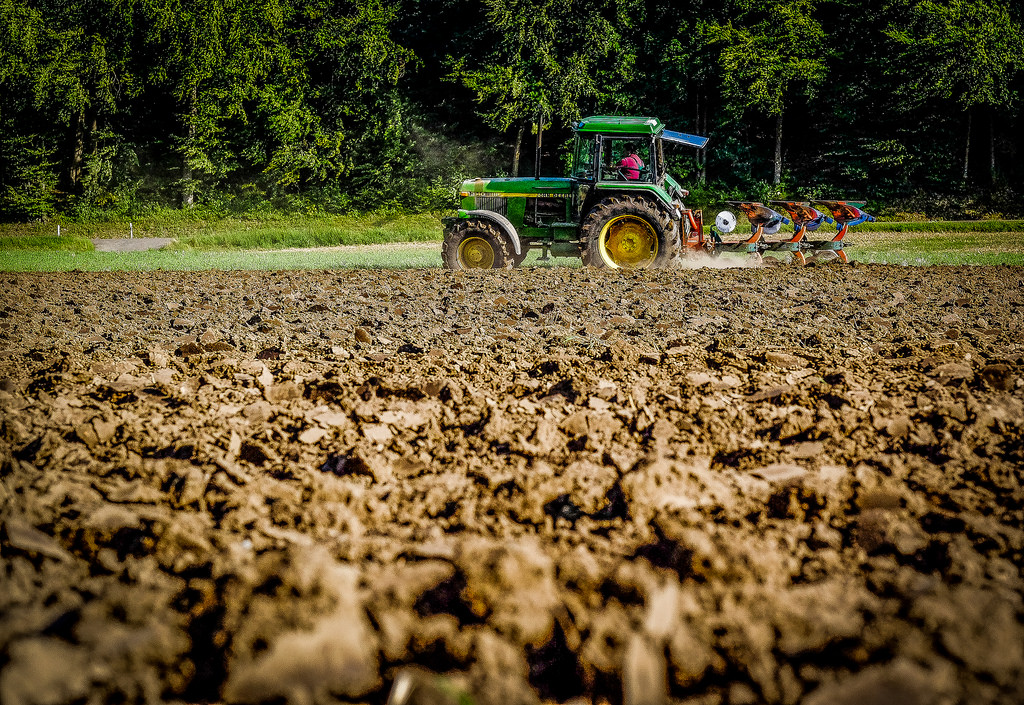Introducing an innovative approach to entrepreneurship in agriculture and educating people in rural areas in new crop growing technologies are the two main objectives of the AGRINNO project – Agriculture innovation towards growth and employment in crossborder region – co-funded by the EU within the Interreg IPA Cross-border Cooperation Programme Hungary-Serbia 2014-2020.
The project is implemented by the Institute of Field and Vegetable Crops in Novi Sad, the Provincial Secretariat for Agriculture, Forestry and Water Management as the leading partner, and the European Affairs Fund of the Autonomous Province of Vojvodina, on the Serbian side, and the Nonprofit Ltd. from the Csongrád County, on the Hungarian side. The project was launched in mid-July 2018 and will run through 30 November 2019. Project’s total value stands at EUR325,536.75, EUR252,849.90 of which have been donated by the EU.
Youth unemployment is particularly high in Serbia-Hungary border area, said participants in the project presentation held at the Assembly of Vojvodina. Majority of young people there live in rural areas and have gardens of 500-1,000 square metres which could be used mainly to grow vegetables. With young farmers of up to 40 years of age as project’s primary target group, the idea behind this action is to encourage them not to leave the countryside and make their own living.
Provincial Secretary of Agriculture Vuk Radojevic described demo greenhouses, equipped with modern measuring instruments, as the main feature of the project.
“They will be installed at the Institute and in another three locations across Vojvodina – agriculture high schools in Futog, Ruma and Vrsac. We intend to motivate and educate young farmers in using the latest technology and equipment,“ Radojevic said.
He added that the project envisages the first part of production to take place in Serbia and the second in Hungary, in order to allow the target groups to broaden their knowledge in the area of food production, branding and placement of agricultural products.
Project activities include workshops, roundtables, two major seminars and an international conference. Also, farmers will take study trips where they will meet their Hungarian counterparts, exchange experience and broaden their knowledge, mainly in the field of product placement.




